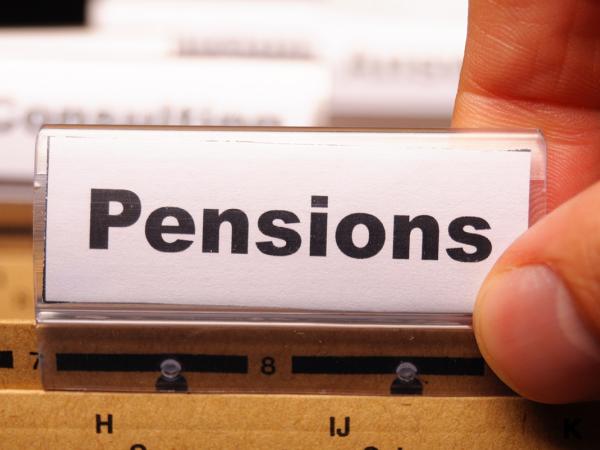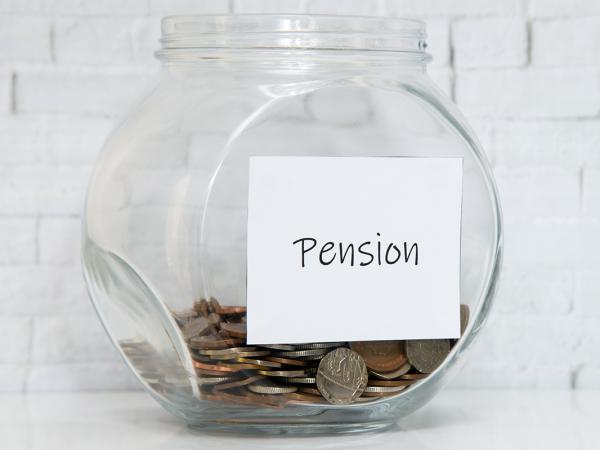The state pension
The state pension is a regular payment made by the government to certain people who have reached state pension age.

Content on this page:
Overview
The government pays the state pension as a regular payment to eligible people who have reached state pension age – see further below under the heading: Reaching state pension age.
The state pension is taxable – although no tax is deducted before it is paid. See also our page Tax on the state pension.
The new state pension
If you reach state pension age on or after 6 April 2016, you fall under the flat rate state pension scheme, known as the new state pension.
Under the new state pension, most workers, whether employed or self-employed, will build up entitlement to the same state pension over their working lives.
To get the full new state pension, you generally need 35 qualifying years of National Insurance contributions (NIC) or National Insurance credits. We discuss this in more detail below under the heading: State pension and national insurance.
If you have fewer than 35 qualifying years, you may receive a smaller new state pension amount. But you need at least ten qualifying years to get any new state pension at all.
The full new state pension is £221.20 per week for 2024/25.
You do not have to claim the new state pension when you reach state pension age. You can ‘defer’ (put off) claiming it.
You can find out more about the new state pension on GOV.UK.
The basic state pension
The government pays the basic state pension as a regular payment to eligible people who reached state pension age before 6 April 2016. If you reached state pension age on or after 6 April 2016, you must claim the new state pension (see above).
The maximum basic state pension is £169.50 per week for 2024/25.
If you reached state pension age before 6 April 2016, it was possible to defer claiming the basic state pension and get a lump sum. You can read about tax on any basic state pension lump sum following the deferral in our separate guidance.
The additional state pension
Additional state pensions only apply to individuals who reached state pension age before 6 April 2016.
Up until 5 April 2016, you were able to build up an extra state pension as well as the basic state pension. It is only applicable to men born before 6 April 1951 and women born before 6 April 1953, though part of it may be inherited by a surviving spouse or civil partner on the pensioner’s death – as noted on GOV.UK. It is paid automatically if it is due.
This extra state pension was previously called the State Earnings Related Pension (SERPs), but this was subsequently changed to the state second pension or the additional state pension.
The state second pension was based on your NIC record and the level of your earnings. You used to be able to 'contract out' (that is, opt out) of the state second pension if you had a private pension – such as a workplace or personal pension scheme.
For further information, see GOV.UK.
State pension and national insurance
To be eligible for the state pension, you must have a certain number of ‘qualifying years’ for National Insurance purposes. Broadly this means you must have been paying (or treated as having paid) National insurance for a certain number of years during your working (or working aged) life.
You can read more about qualifying years on our page National Insurance and the state pension.
Reaching state pension age
You can use the calculator on GOV.UK to find out when you will reach state pension age.
People born on or after 6 October 1954 but before 6 April 1960 will reach state pension age at 66.
Under current plans, the state pension age will increase to 67 between 2026 and 2028, and to 68 between 2037 and 2039, but this may change in future as the state pension is reviewed.
When you reach your state pension age, you are normally entitled to claim your state pension. You might also, for example:
- stop work,
- change to working part-time,
- start to receive a regular pension from a previous employer, or
- take money out of your private pensions as lump sums or as a regular income.
When these changes happen, you should try to understand how they affect your tax and what you need to do.
You can continue to work after you reach your state pension age. There are, however, some circumstances when you can be made to retire. There is more information on GOV.UK.
How can I check how much state pension I will get?
You can check how much state pension you are likely to get by going to your Personal Tax Account via GOV.UK, or you can request a statement by telephone or post – contact details are also given on GOV.UK.



